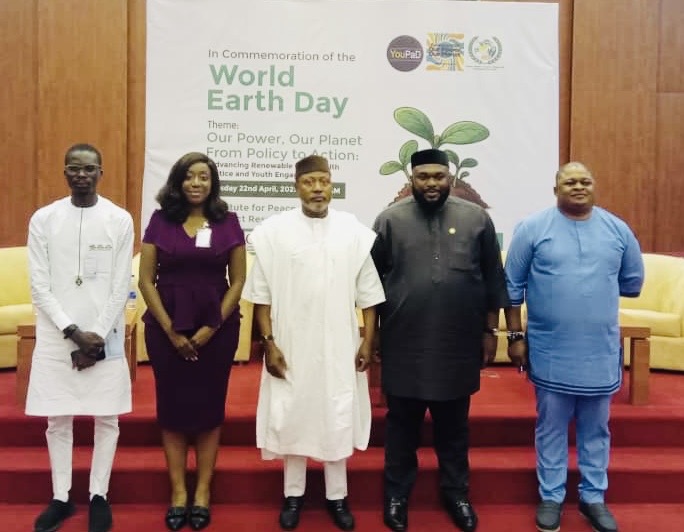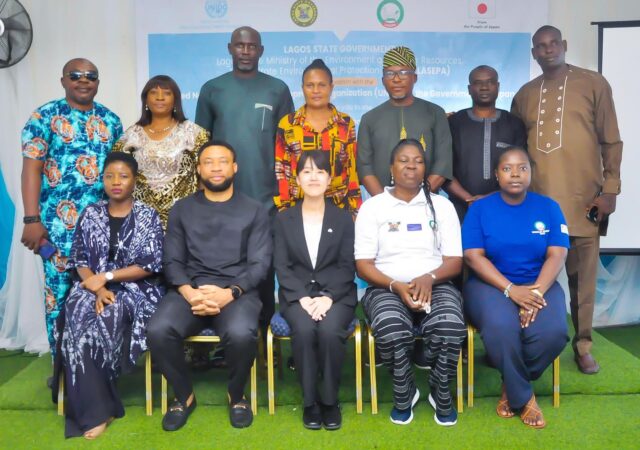Stakeholders in the environmental sector have called on governments at all levels, civil society groups, and individuals to collaborate and invest in Nigeria’s renewable energy transition process.
Speaking at a conference held in Abuja on Tuesday to commemorate the 2025 World Earth Day, they emphasised the need for substantial financial and technical investments from government and the public.
The event was themed “Our Power, Our Planet: From Policy to Action” and was organised by Young Professionals in Policy and Development (YouPaD) in partnership with Climate Justice, Creative Culture and Communities for Peace (CCC4Peace).
It was also in collaboration with TrashMongers, Ecocykle, Basic Rights Watch, the Initiative for Human Rights and Gender Awareness, the Coalition for Socioecological Transformation (CoSET), and the Institute for Peace and Conflict Resolution.
Mohammed Abdullahi, former Minister of Environment stated that many Nigerians are more concerned with daily survival than with reducing their carbon footprint.
He asserted that to achieve Nigeria’s ambitious climate goals, the government must prioritise breaking the cycle of poverty through targeted programmes.
This, he said would empower citizens to afford climate-friendly solutions such as fuel-efficient cookstoves, LPG and biogas systems, solar home installations, and electric or compressed natural gas (CNG) vehicles.
“The government should place greater emphasis on innovation in energy infrastructure, optimal utilisation of domestic financing, and harmonisation of existing energy policy frameworks.
“In industrialised countries, energy systems have powered decades of development but also caused environmental damage, warming oceans, melting glaciers, and extreme climate events that disproportionately affect poorer nations.
“To truly transition, we must move from a mindset of short-term consumption to long-term restoration. The shift to renewable and sustainable energy is not a luxury, it is a necessity.
“And within that necessity lies an extraordinary opportunity to lead the way toward a better future”.
Abdullahi stressed that a just energy transition must ensure inclusivity, particularly for vulnerable communities, indigenous populations, and marginalised groups.
“This includes creating new opportunities for workers displaced by the fossil fuel phase-out and ensuring their access to retraining and dignified work within the emerging green economy.
“The world today faces an existential crisis driven by unsustainable energy practices, climate change, and environmental degradation. Yet, this is also a moment of unprecedented opportunity,” he added.







